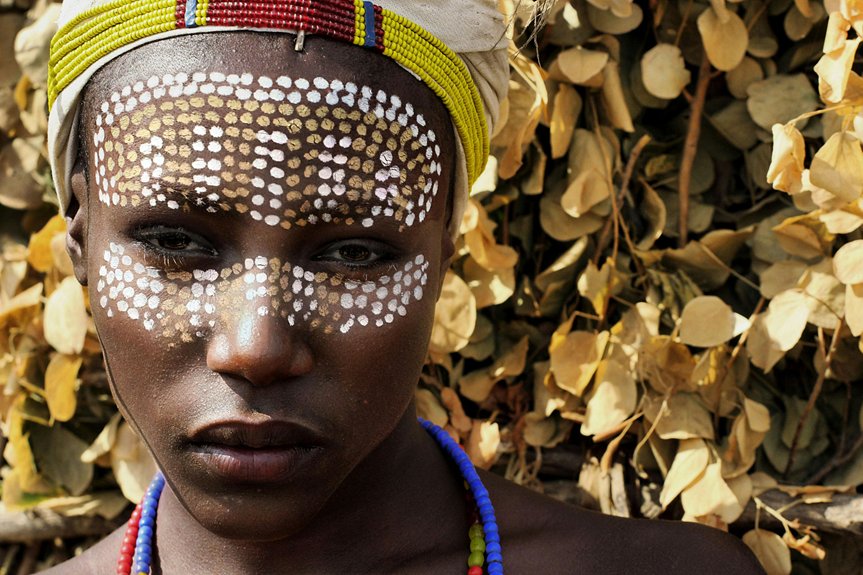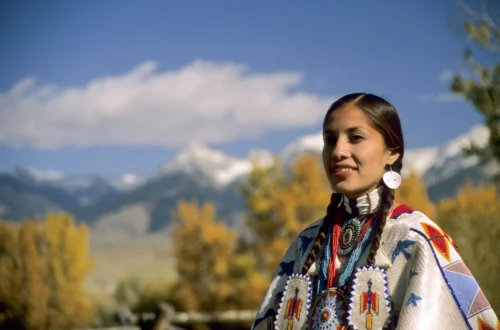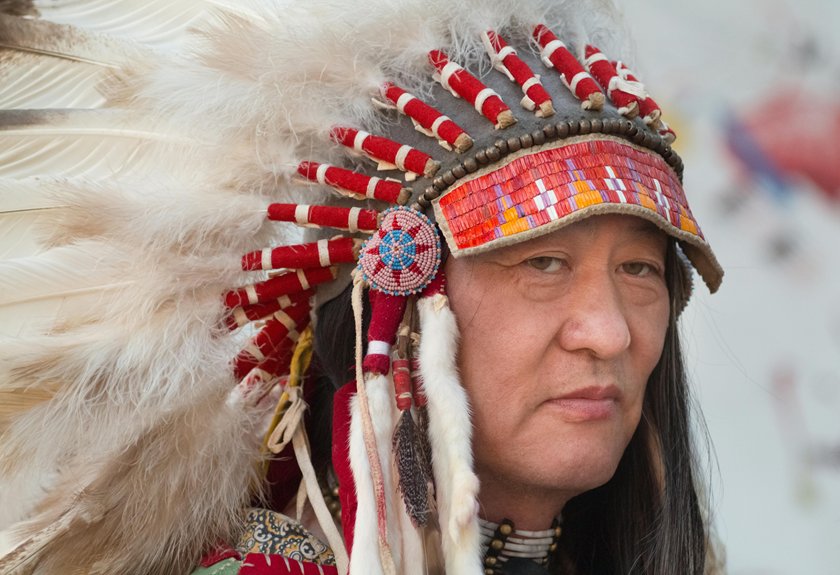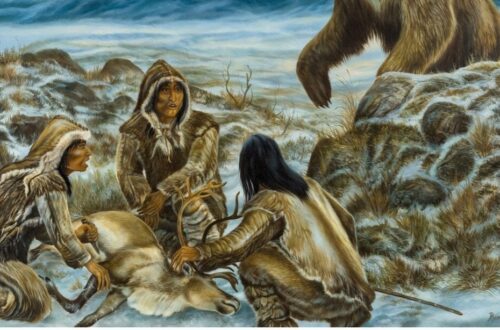Did you know that the identities of Native Americans and Black communities have been intricately intertwined throughout history? The legacies of colonization and shared experiences have led to unique cultural exchanges. Yet, the question of whether Native Americans are Black isn’t straightforward. It invites a deeper exploration of identity, community, and the complexities of heritage. What does it really mean to navigate these identities in today’s society?
Historical Overview of Native American and Black Identities
When you explore the historical identities of Native Americans and Black communities, you uncover a rich tapestry woven from shared struggles, resilience, and cultural exchanges. Both groups have faced immense hardships, yet they’ve also forged strong identities rooted in rich traditions.
Native Americans, with their diverse tribes and languages, hold deep connections to the land, while Black communities, shaped by the legacy of slavery and migration, celebrate their vibrant cultures through art, music, and storytelling.
Throughout history, bonds formed between these groups, whether through trade, mutual support in resistance movements, or shared experiences of colonization and oppression. Recognizing these intersections allows you to appreciate the complexities of identity and the profound ways these communities have influenced one another.
The Impact of Colonization on Racial Identity
As colonization swept across the Americas, it fundamentally reshaped racial identities, intertwining the fates of Native Americans and Black communities.
The arrival of European settlers imposed new hierarchies, often categorizing individuals based on skin color and perceived cultural differences. This redefinition stripped away the complex identities that Indigenous peoples held, forcing many into roles defined by colonial systems.
You might see how this led to shared struggles against oppression, as both Native Americans and Black individuals faced violence, displacement, and systemic discrimination.
Colonization blurred the lines between these groups, creating a shared history that continues to influence contemporary discussions on race and identity.
Acknowledging this impact is essential for understanding the ongoing dynamics of racial identity today.
Intermarriage and Cultural Exchange
Intermarriage between Native Americans and Black communities has played a significant role in shaping cultural identities and fostering resilience against oppression. These unions often create rich, blended traditions that celebrate both heritages.
When you explore family histories, you might find stories of shared struggles and triumphs, reflecting a powerful bond forged through adversity.
Cultural exchanges manifest in art, music, and storytelling, as both communities contribute unique perspectives and experiences. Food, rituals, and languages intertwine, enriching cultural landscapes and promoting unity.
Contemporary Perspectives on Identity
Understanding contemporary perspectives on identity reveals how individuals navigate the complex intersections of race, culture, and heritage. For many, identity isn’t just about ethnicity; it’s a tapestry woven from personal experiences, family histories, and community ties.
You might find that some Native Americans embrace a multifaceted identity, incorporating elements of both Native and Black heritage. This blending highlights resilience and adaptability, as people endeavor to honor their roots while engaging with the broader society.
Conversations around identity are often deeply personal and can reflect historical traumas, cultural pride, and aspirations for the future. By fostering dialogue and understanding, you contribute to a more inclusive narrative that respects the diverse realities of Native American identity today.
The Role of Tribal Sovereignty and Recognition
While tribal sovereignty and recognition play crucial roles in shaping Native American identity, they also influence the broader discussions surrounding race and heritage. Understanding these concepts can help you appreciate the complexity of Native identity.
Here are some key points to reflect on:
- Sovereignty allows tribes to govern themselves and maintain cultural practices.
- Recognition by the federal government affirms a tribe’s existence and rights.
- Cultural identity is deeply tied to historical narratives, traditions, and community ties.
- Engagement in these discussions fosters respect and understanding among diverse groups.
Misconceptions and Stereotypes in Modern Discourse
Many people hold misconceptions about Native American identity, often conflating it with racial stereotypes or oversimplified narratives. You might hear terms like “Indian” used interchangeably with outdated images of feathered headdresses or unfamiliar customs. This reduces the rich diversity within Native communities.
It’s essential to understand that Native American identities are complex, shaped by history, culture, and personal experience. By recognizing these nuances, you can help combat harmful stereotypes that ignore the realities of contemporary Indigenous life.
Engaging with Native voices and stories fosters a deeper appreciation for their struggles and triumphs. When you approach this topic with an open mind, you contribute to a more accurate and respectful understanding of Native American identity today.





